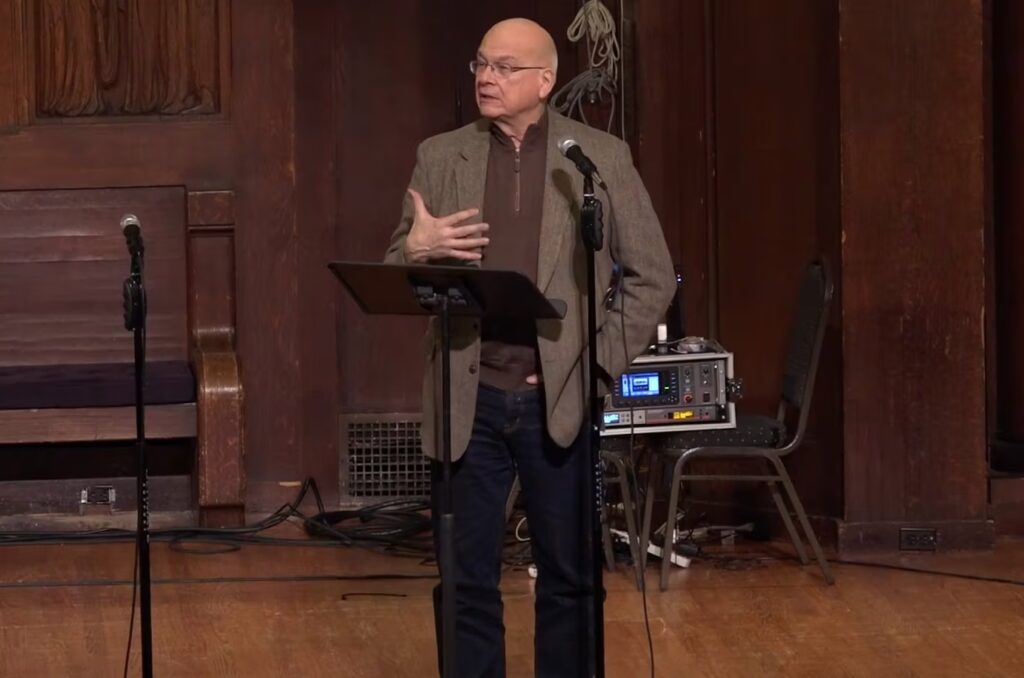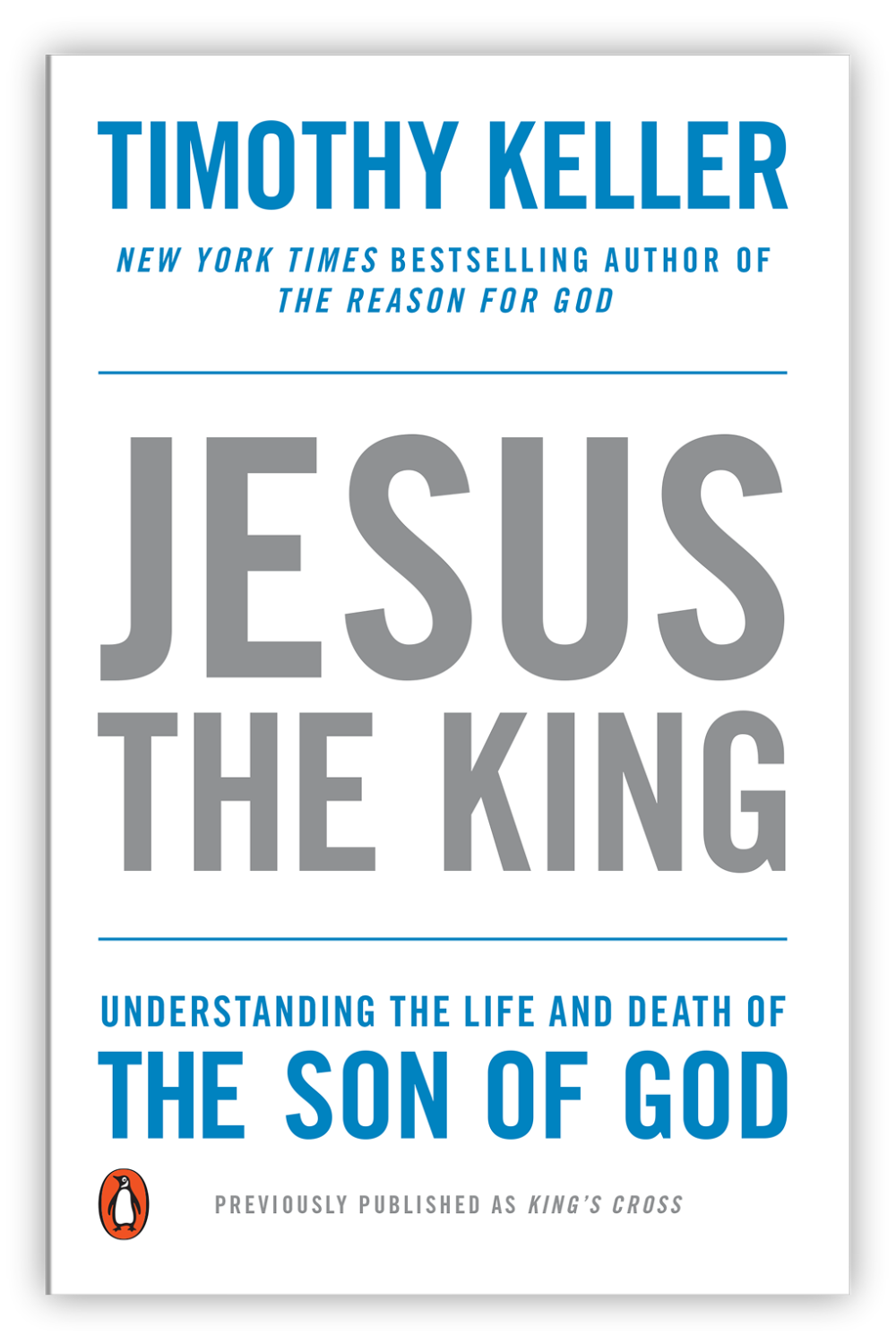What would it look like if work across the many vocational fields in our cities demonstrated to others the love that Christ has extended to us? How would Christians in education, transportation, the arts, healthcare, and finance work differently if they saw their work as an expression of the mission Christ has called them to, having freely given them salvation?
In Philippians 1:9-11, Paul tells us his prayer is that “Your love may abound more and more in knowledge and depth of insight, so that you may be able to discern what is best and may be pure and blameless for the day of Christ, filled with the fruit of righteousness that comes through Jesus Christ – to the glory and praise of God.” We can only imagine how radically different our work will be if we see it as a place where our experience of the gospel makes us more loving to our neighbors in and through our work.

In his article, Justice in the Bible, Tim Keller points out that our God is one who cares deeply about justice. Not only is punitive justice (punishing wrongdoing) at the heart of his character, but also reparative justice (restoring what is broken). He then points out how scripture highlights that biblical justice is characterized by radical generosity, life-changing advocacy and corporate as well as individual responsibility. God’s expression of love is deeply connected to bringing repair to creation and ultimately bringing about universal equality in the new heavens and new earth.
Work is a context that God has given us to think missionally about how we are stewarding our time and our gifts 40 or more hours a week. If reparative justice is so deeply connected to the heart of God, work is a place where we can missionally seek to bring repair to God’s creation as vice-regents alongside him. We explore these ideas in a new video-based six-week group study, The Missional Disciple: Pursuing Mercy and Justice at Work created by the Global Faith & Work Initiative at Redeemer City to City and City to City North America.
In the course, we hear from Teena, who was motivated by the power of the gospel to prayerfully look for ways to love the poor as a waitress. We hear from Lisa, a NYC educator who was convicted about areas where God was asking her to use her power well, but also areas where he was calling her to give power away out of love for others. We hear from Katrina, a commercial arts agent who works to advocate for clients who have not typically had someone supporting them. And we hear from Ben, a documentary filmmaker who seeks to tell the stories of those who would otherwise not be heard.
If reparative justice is so deeply connected to the heart of God, work is a place where we can missionally seek to bring repair to God’s creation as vice-regents alongside him.
The fruit of the gospel, which involves loving those on the margins, plays out differently in each of these stories. But the motivation is the same—the power of Christ has penetrated the hearts of these workers, and out of an overflow of their Gospel-changed lives, they seek to love those on the margins in and through their work. They have found ways to embody Micah 6:8 in the workplace:
“He has shown you, O mortal, what is good.
And what does the Lord require of you?
To act justly and to love mercy
and to walk humbly with your God.”
Every part of God’s creation has been marred by sin and injustice, but in the already-but-not-yet reality—between Christ’s ascension and the second coming—everything is being redeemed and restored. As Christians, we know firsthand what that redemption means, because it has saved us. And now after extending his salvation to us, God invites us into the process to renew his creation by loving others in the ways he loved us and inviting us to work for redemption and repair.
The Missional Disciple: Pursuing Mercy & Justice at Work was created by Redeemer City to City with contributions by Abe Cho, Kimberly Deckel, Lauren Gill, Robert Guerrero, Charlie Meo, Susan Nacorda Stang, Dennae Pierre and Missy Wallace. You can learn more at globalfaithandwork.com/missionaldisciple




